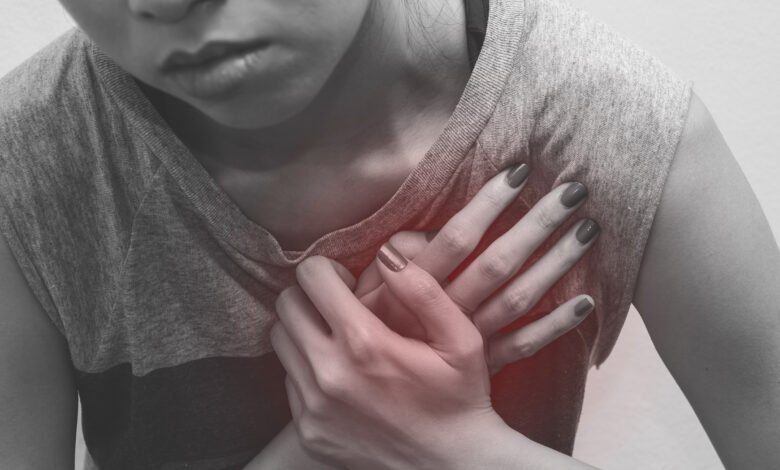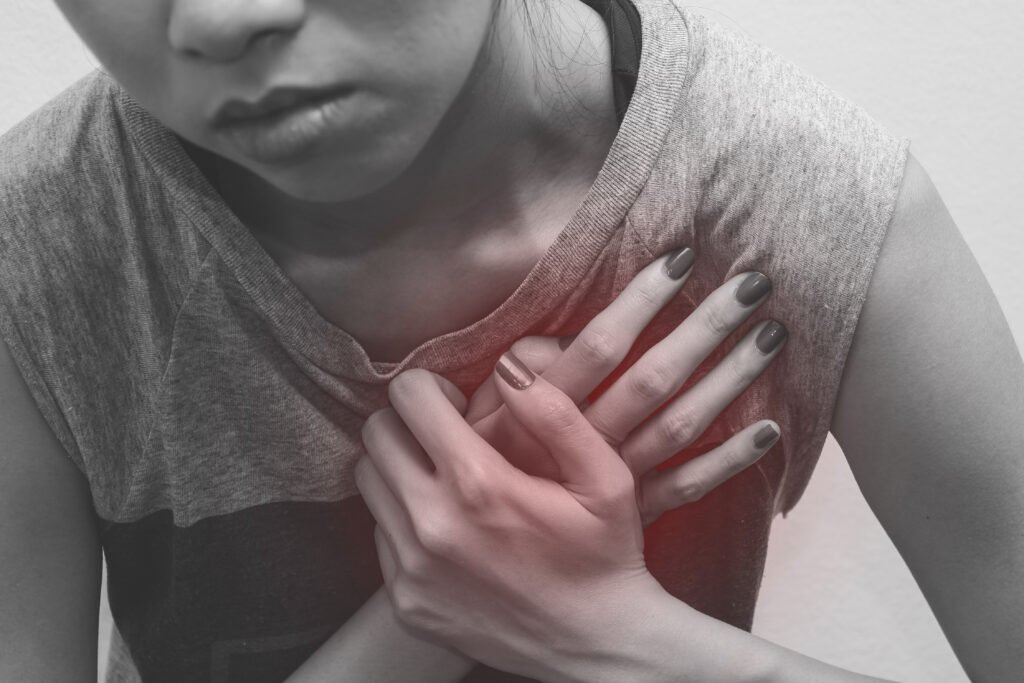Chest Pain (ICD-10 Code: R07.9)


Chest pain is a common symptom that can be caused by a variety of conditions, ranging from minor to serious. It is important to seek medical attention if you experience chest pain, especially if it is severe, persistent, or accompanied by other symptoms such as shortness of breath, nausea, vomiting, or sweating.
ICD-10 CodeThe International Classification of Diseases, 10th Revision (ICD-10) is a medical classification system used to diagnose and code diseases and other health conditions. The ICD-10 code for chest pain is R07.9, which stands for “chest pain, unspecified.” This code is used when the exact cause of the chest pain is unknown.
Causes of Chest Pain
Some of the most common causes of chest pain include:
- Heart disease: This can include conditions such as coronary artery disease, angina pectoris, and heart attack.
- Lung problems: This can include conditions such as asthma, pneumonia, and pulmonary embolism.
- Gastroesophageal reflux disease (GERD): This is a condition in which stomach acid backs up into the esophagus.
- Costochondritis: This is an inflammation of the cartilage that connects the ribs to the sternum.
- Musculoskeletal problems: This can include conditions such as muscle strain, rib fractures, and arthritis.
- Panic attacks: Panic attacks can cause a variety of physical symptoms, including chest pain.
Symptoms of Chest Pain
Chest pain can vary in severity, location, and character. Some people describe chest pain as a squeezing, crushing, or burning sensation. Others describe it as a sharp pain or a dull ache. The pain may be localized to one area of the chest or it may radiate to the arms, neck, back, or jaw.
Other symptoms that may accompany chest pain include:
- Shortness of breath
- Nausea and vomiting
- Sweating
- Dizziness
- Lightheadedness
- Fainting
Diagnosis of Chest Pain
To diagnose the cause of your chest pain, your doctor will likely ask you about your medical history and symptoms. They may also perform a physical exam and order tests such as an electrocardiogram (EKG), chest X-ray, or stress test.
Treatment of Chest Pain
Treatment for chest pain will depend on the underlying cause. For example, if your chest pain is caused by heart disease, your doctor may prescribe medications to improve blood flow to the heart or recommend surgery. If your chest pain is caused by GERD, your doctor may prescribe medications to reduce stomach acid production.
Prevention of Chest Pain
There are a number of things you can do to help prevent chest pain, such as:
- Eating a healthy diet
- Maintaining a healthy weight
- Exercising regularly
- Avoiding smoking
- Managing stress
If you have any concerns about chest pain, please talk to your doctor.





